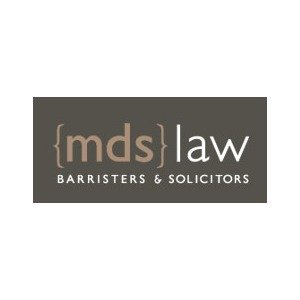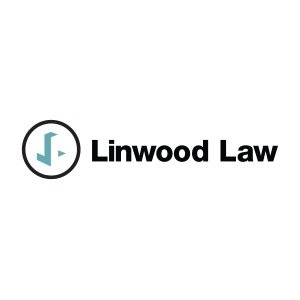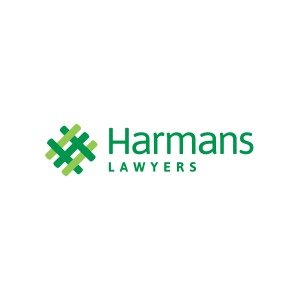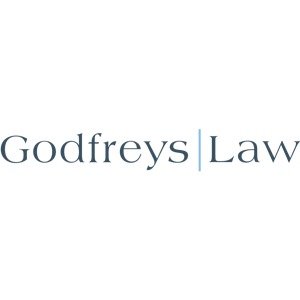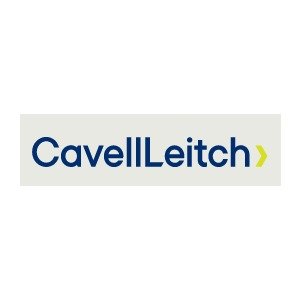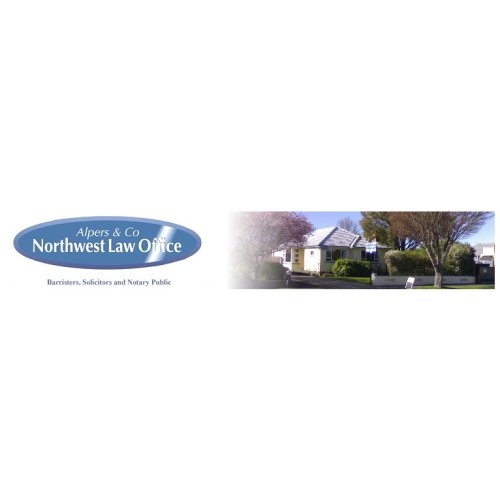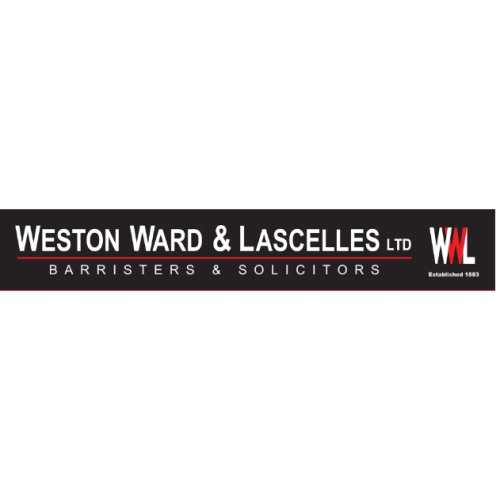Best Mining Law Lawyers in Christchurch
Share your needs with us, get contacted by law firms.
Free. Takes 2 min.
List of the best lawyers in Christchurch, New Zealand
About Mining Law in Christchurch, New Zealand
Mining Law in Christchurch, New Zealand, refers to the body of regulations, statutes, and policies that govern the exploration, extraction, processing, and rehabilitation of mineral resources. This field of law covers both the rights and obligations of individuals, companies, and government entities involved in mining activities. The legislation is broad and includes matters such as resource consents, land access, health and safety requirements, environmental impact assessments, and rehabilitation commitments. Mining Law is shaped by both national legislation such as the Crown Minerals Act 1991 and the Resource Management Act 1991, as well as local bylaws and policies established by the Christchurch City Council and regional authorities.
Why You May Need a Lawyer
People and businesses may need legal advice or representation relating to Mining Law for several reasons. Common situations include negotiating exploration or mining permits, resolving land access disputes, understanding resource consent requirements, appealing environmental conditions imposed by regulatory bodies, or dealing with enforcement actions due to alleged breaches of mining or environmental regulations. Lawyers can also assist with contract negotiations, acquisition or divestment of mining rights, joint venture arrangements, compliance with health and safety obligations, and ensuring correct processes are followed for community and iwi (Māori tribe) engagement. If you are considering investing in a mining operation, facing regulatory penalties, or need to clarify your legal responsibilities, engaging a specialist lawyer can help safeguard your interests.
Local Laws Overview
Mining is governed by a combination of national and local laws in Christchurch. The Crown Minerals Act 1991 grants the Crown ownership of mineral resources and sets the framework for granting exploration and mining permits. The Resource Management Act 1991 oversees the effects of mining on the environment and communities, requiring resource consents for activities that may impact land, water, or air. In addition, Christchurch City Council and Environment Canterbury establish local rules and planning requirements that can affect mining proposals, including noise controls, traffic management, and site rehabilitation standards. Local iwi may also have an interest in land where mining is proposed, requiring engagement and sometimes agreements under the Treaty of Waitangi. Health and safety legislation, principally the Health and Safety at Work Act 2015, applies strictly to all mining operations to protect workers and the public.
Frequently Asked Questions
What permissions do I need to start a mining operation in Christchurch?
You will need a permit from the Ministry of Business, Innovation and Employment (MBIE) under the Crown Minerals Act. You are also likely to require resource consents from regional or local councils under the Resource Management Act, as well as compliance with local plans and environmental regulations.
Who owns the minerals beneath my land?
In New Zealand, most minerals are owned by the Crown, regardless of land ownership. There are some exceptions, especially in the case of privately owned coal, gold, and silver, but generally you will need a Crown Minerals permit to extract minerals.
Do I need to consult local iwi before starting mining?
Yes, it is important to identify and consult with relevant iwi under obligations set out in legislation and the principles of the Treaty of Waitangi. Some resource consents may require formal agreements or mitigation measures to address Māori cultural values.
How are environmental impacts managed?
Mining operations must comply with the Resource Management Act and local council requirements. Environmental impact assessments are generally required, and ongoing monitoring and reporting are standard conditions for consented projects.
What health and safety rules apply to mining?
The Health and Safety at Work Act 2015 and its associated mining regulations set stringent requirements for hazard management, worker training, emergency preparedness, and reporting of incidents. Non-compliance can result in significant penalties.
Can a council stop me from mining?
Councils have the authority to refuse resource consents if a mining proposal does not comply with local plans, or if its effects on the environment or community cannot be sufficiently mitigated.
What is a resource consent and how do I get one?
A resource consent is a formal approval from the local council or Environment Canterbury to carry out an activity that may have environmental effects. The process usually involves public notification, consultation, assessments, and sometimes hearings.
How long do mining permits last?
Permit durations vary but exploration permits are typically granted for up to five years and mining permits up to ten years or more, depending on the mineral and the scale of operation. Extensions and renewals are possible under certain conditions.
Are there special requirements for quarrying as opposed to traditional mining?
Quarrying falls under the same general legal framework as mining, but there may be specific rules or best practices depending on the material being extracted, such as aggregates, and the location of the site in Christchurch’s regional plans.
Can I appeal a decision about a mining application?
Yes, applicants or affected parties can appeal resource consent decisions to the Environment Court and other independent bodies. Deadlines apply, and appeals must be based on valid grounds, so legal advice is important.
Additional Resources
- Ministry of Business, Innovation and Employment (MBIE) - Responsible for Crown Minerals permits and compliance. - Environment Canterbury - Manages regional resource consents and planning for environmental protection. - Christchurch City Council - Sets local bylaws, district plan rules, and issues consents. - New Zealand Petroleum and Minerals - Provider of information and application processes for permits. - Health and Safety at Work (Mining Operations and Quarrying Operations) Regulations 2016 - Guidance for workplace safety. - Local iwi authorities - For engagement and consultation regarding Māori land interests and Treaty obligations. - New Zealand Law Society - Directory of specialist mining and resource management lawyers.
Next Steps
If you need legal assistance with a mining issue in Christchurch, start by identifying the nature and scope of your project or concern. Collect any documentation you have, such as land ownership papers, correspondence with councils, or compliance notices. Consider speaking with a lawyer who specialises in Mining Law or resource management matters. Lawyers can provide clarity on your rights and obligations, assist with permit and consent applications, negotiate with other stakeholders, and represent you in proceedings if disputes arise. Early legal advice is critical to avoid costly mistakes and ensure your project runs smoothly. You can contact the New Zealand Law Society or use local recommendations to find an appropriate legal professional.
Lawzana helps you find the best lawyers and law firms in Christchurch through a curated and pre-screened list of qualified legal professionals. Our platform offers rankings and detailed profiles of attorneys and law firms, allowing you to compare based on practice areas, including Mining Law, experience, and client feedback.
Each profile includes a description of the firm's areas of practice, client reviews, team members and partners, year of establishment, spoken languages, office locations, contact information, social media presence, and any published articles or resources. Most firms on our platform speak English and are experienced in both local and international legal matters.
Get a quote from top-rated law firms in Christchurch, New Zealand — quickly, securely, and without unnecessary hassle.
Disclaimer:
The information provided on this page is for general informational purposes only and does not constitute legal advice. While we strive to ensure the accuracy and relevance of the content, legal information may change over time, and interpretations of the law can vary. You should always consult with a qualified legal professional for advice specific to your situation.
We disclaim all liability for actions taken or not taken based on the content of this page. If you believe any information is incorrect or outdated, please contact us, and we will review and update it where appropriate.




